Boris Johnson vows to end trials of soldiers accused in Troubles
PM's move to block ‘vexatious’ prosecutions condemned as ‘clickbait’
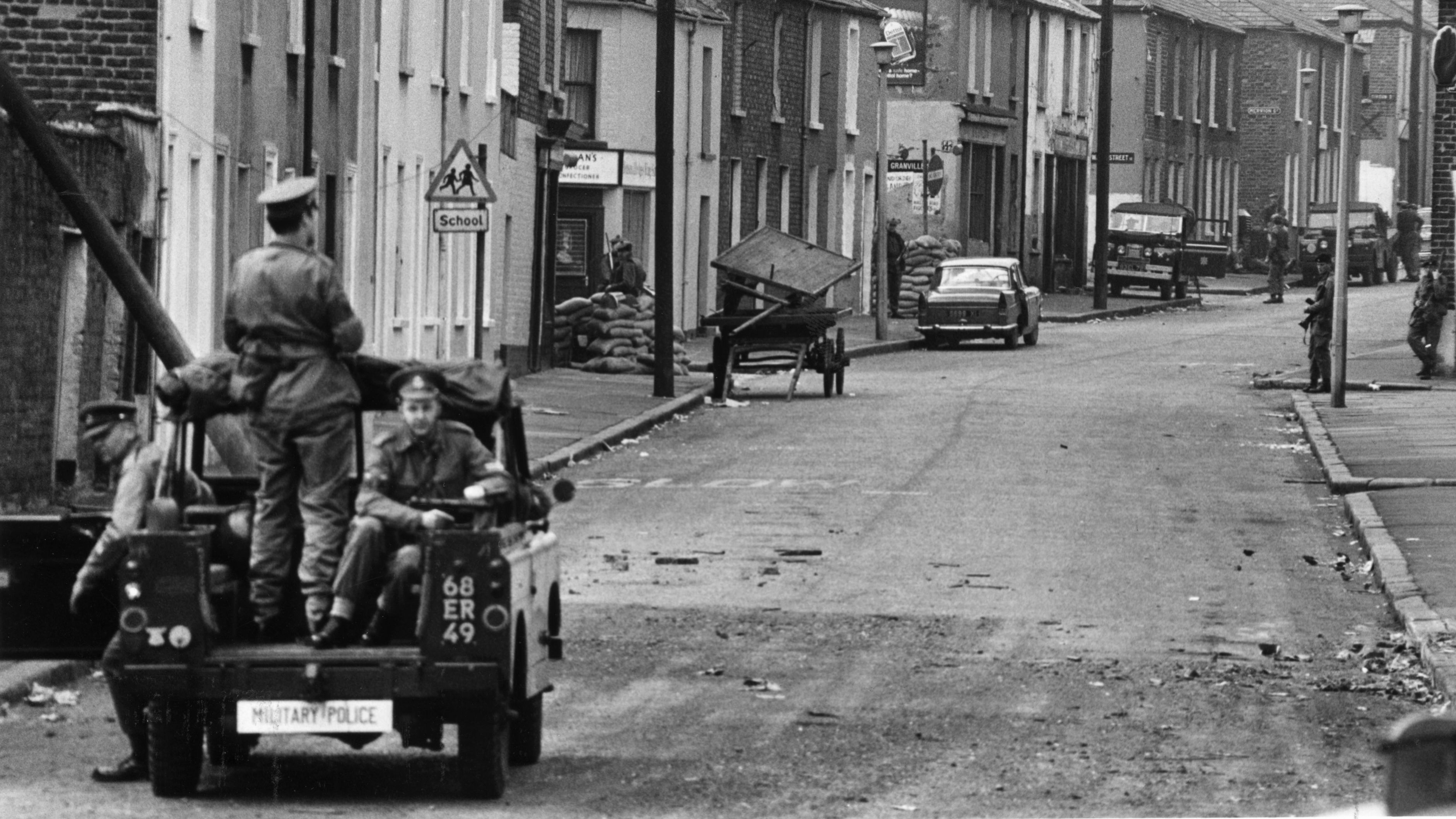
A free daily email with the biggest news stories of the day – and the best features from TheWeek.com
You are now subscribed
Your newsletter sign-up was successful
Boris Johnson has pledged to change the law to protect forces veterans from legal action if the Tories win the general election.
The prime minister says the Tories would legislate to ensure that peacetime laws are not applied to service personnel on military operations.
They would update the Human Rights Act so it does not apply to issues that took place before it came into force in October 2000, such as deaths during the Troubles in Northern Ireland.
The Week
Escape your echo chamber. Get the facts behind the news, plus analysis from multiple perspectives.

Sign up for The Week's Free Newsletters
From our morning news briefing to a weekly Good News Newsletter, get the best of The Week delivered directly to your inbox.
From our morning news briefing to a weekly Good News Newsletter, get the best of The Week delivered directly to your inbox.
The Times reports that veterans’ groups claim that many of the allegations are “vexatious” and that “the law is being abused to hound retired servicemen years after the events in question took place”.
However, the proposed move would be in contravention with the European Convention on Human Rights, which requires nations to carry out effective official investigation into deaths where lethal force had been used against individuals by agents of the state.
Several veterans of Northern Ireland are expected to face trial, including Soldier F, an ex-paratrooper who is charged with two murders and four attempted murders during the Bloody Sunday incident in 1972.
Johnson’s proposal is not new, the BBC points out, as “the plans to exempt British troops from human rights laws during combat were first announced in 2016 by Mr Johnson's predecessor as prime minister, Theresa May”.
A free daily email with the biggest news stories of the day – and the best features from TheWeek.com
Former Tory leader, Iain Duncan Smith, welcomed the move to put it into law. “It really is important that they do something about this vexatious process,” he said.
However, human rights lawyers have condemned the plan.
Philippe Sands says that the Good Friday agreement commits Britain to “human rights for all, not just some”. He said: “Amending the act in the way proposed appears to raise serious concerns about compatibility with the Good Friday agreement, and it cannot affect the application of the ECHR as such.”
Mark Stephens, a human rights and media law specialist, told The Times the move “sounds like clickbait for Tory voters”.
He added: “The UK has been a signatory of the European Convention on Human Rights since 1958 and if we want to remain part of that convention any amendment of domestic legislation will have to be compliant with it.”
–––––––––––––––––––––––––––––––For a round-up of the most important stories from around the world - and a concise, refreshing and balanced take on the week’s news agenda - try The Week magazine. Get your first six issues for £6–––––––––––––––––––––––––––––––
-
 The ‘ravenous’ demand for Cornish minerals
The ‘ravenous’ demand for Cornish mineralsUnder the Radar Growing need for critical minerals to power tech has intensified ‘appetite’ for lithium, which could be a ‘huge boon’ for local economy
-
 Why are election experts taking Trump’s midterm threats seriously?
Why are election experts taking Trump’s midterm threats seriously?IN THE SPOTLIGHT As the president muses about polling place deployments and a centralized electoral system aimed at one-party control, lawmakers are taking this administration at its word
-
 ‘Restaurateurs have become millionaires’
‘Restaurateurs have become millionaires’Instant Opinion Opinion, comment and editorials of the day
-
 ‘Stakeknife’: MI5’s man inside the IRA
‘Stakeknife’: MI5’s man inside the IRAThe Explainer Freddie Scappaticci, implicated in 14 murders and 15 abductions during the Troubles, ‘probably cost more lives than he saved’, investigation claims
-
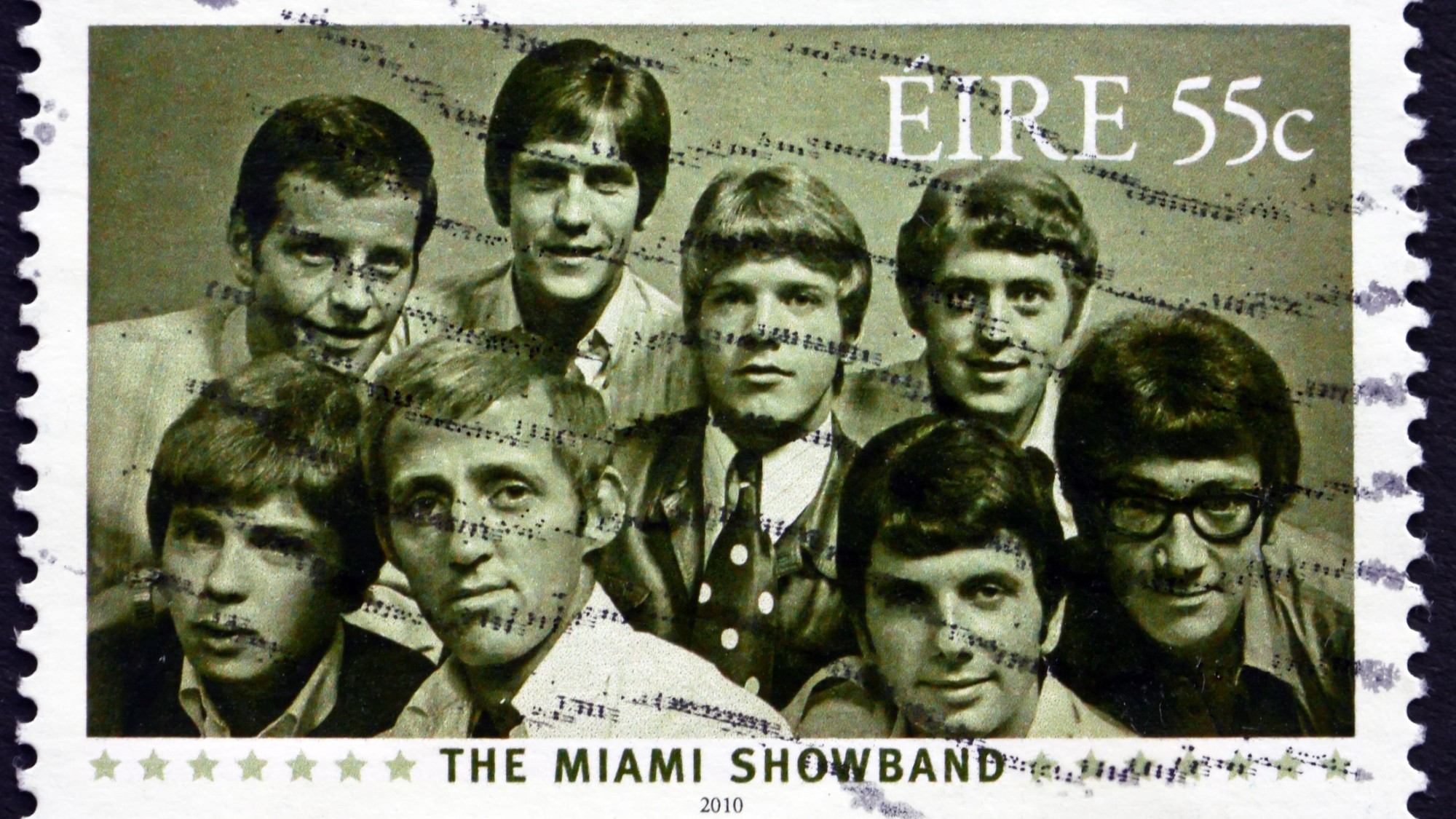 The Miami Showband massacre, 50 years on
The Miami Showband massacre, 50 years onThe Explainer Unanswered questions remain over Troubles terror attack that killed three members of one of Ireland's most popular music acts
-
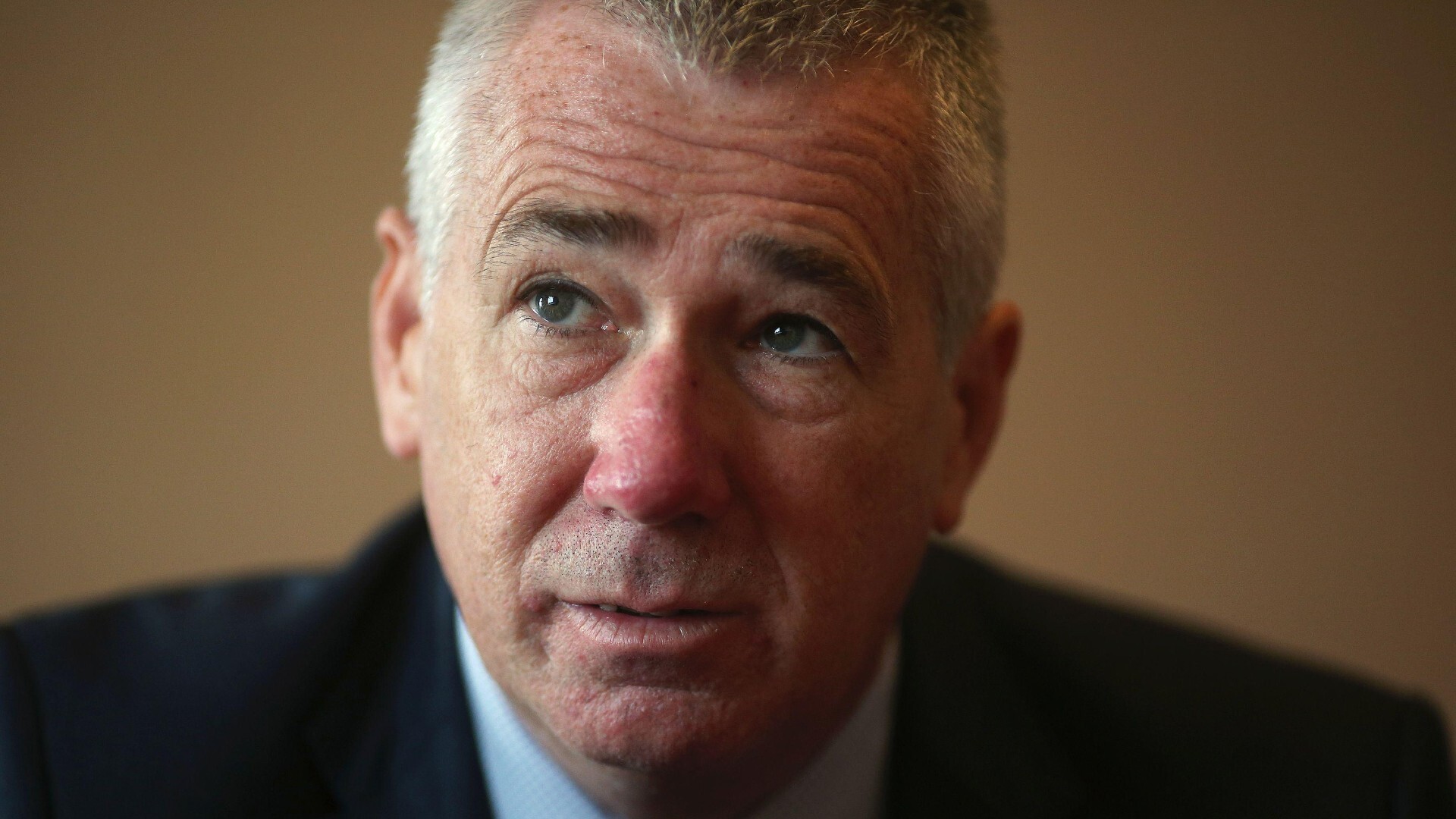 Stakeknife: the killer who spied for Britain
Stakeknife: the killer who spied for BritainTalking Point The investigation into the IRA double agent has taken seven years and cost £40m
-
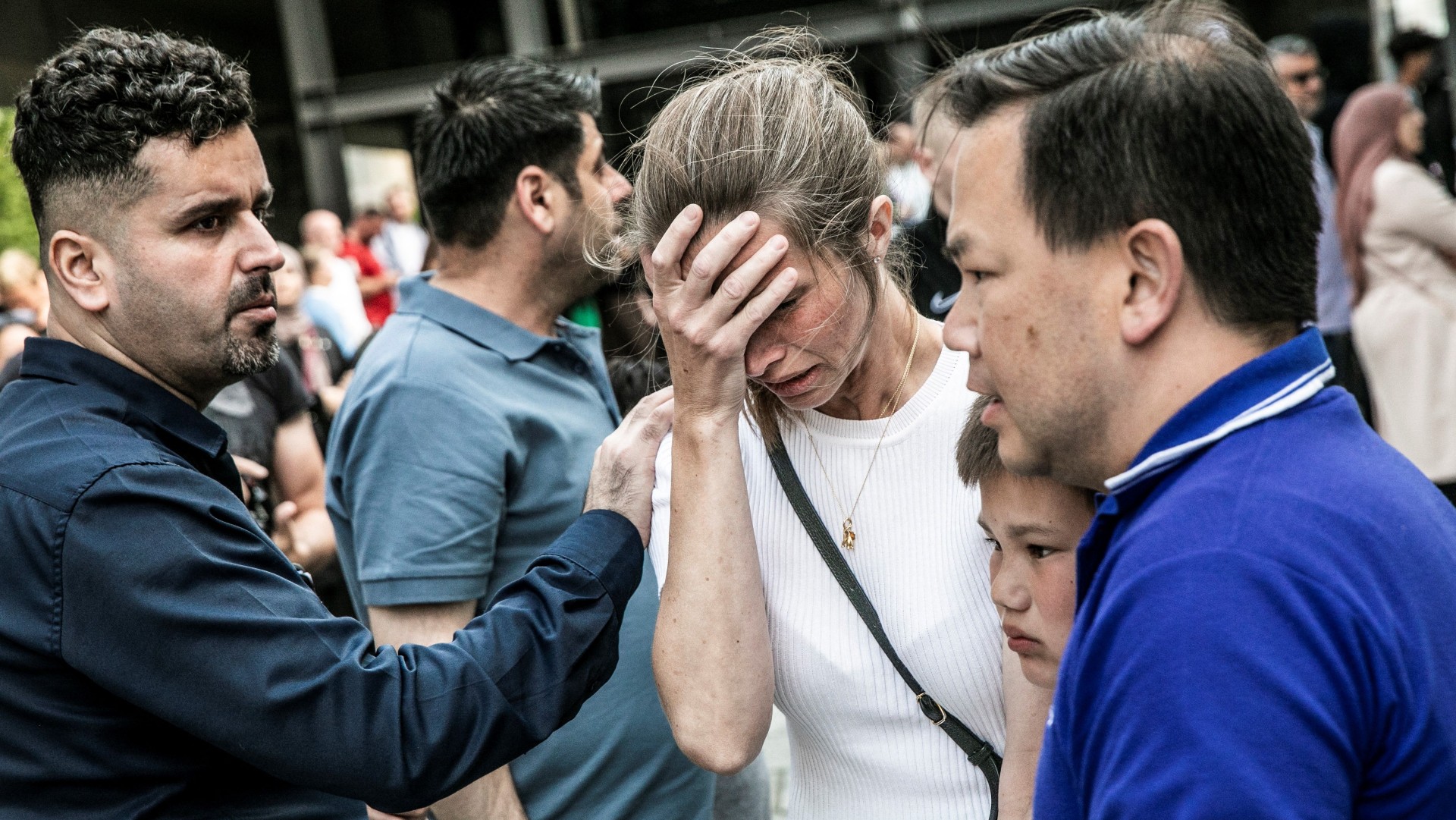 What we know about the Copenhagen mall shooting
What we know about the Copenhagen mall shootingSpeed Read Lone gunman had mental health issues and not thought to have terror motive, police say
-
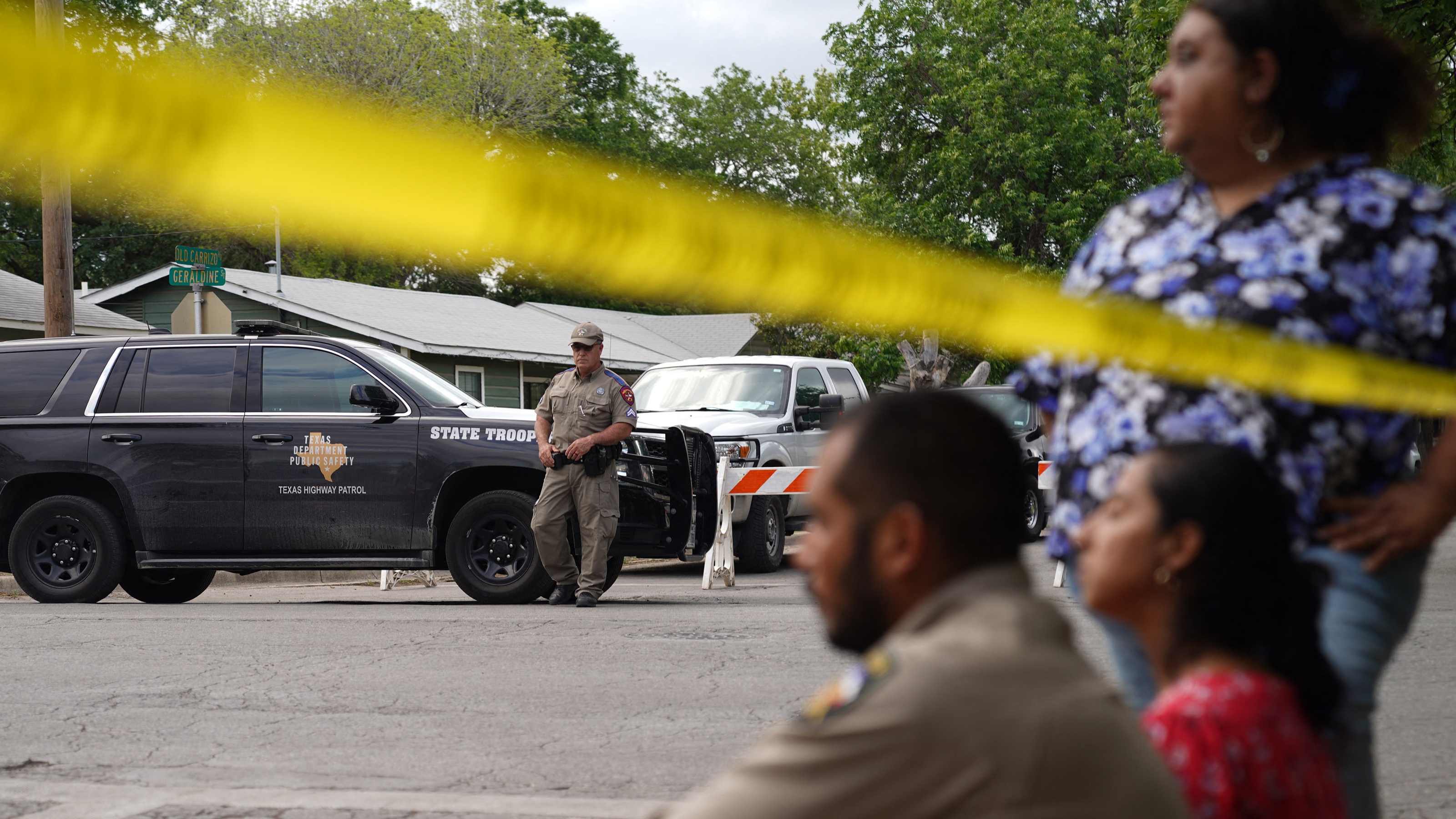 Texas school shooting: parents turn anger on police
Texas school shooting: parents turn anger on policeSpeed Read Officers had to be urged to enter building where gunman killed 21 people
-
 DJ Tim Westwood denies multiple sexual misconduct allegations
DJ Tim Westwood denies multiple sexual misconduct allegationsSpeed Read At least seven women accuse the radio and TV presenter of predatory behaviour dating back three decades
-
 What happened to Katie Kenyon?
What happened to Katie Kenyon?Speed Read Man charged as police search for missing 33-year-old last seen getting into van
-
 Brooklyn subway shooting: exploring New York’s ‘steep decline in law and order’
Brooklyn subway shooting: exploring New York’s ‘steep decline in law and order’Speed Read Last week, a gunman set off smoke bombs and opened fire on a rush-hour train in the city